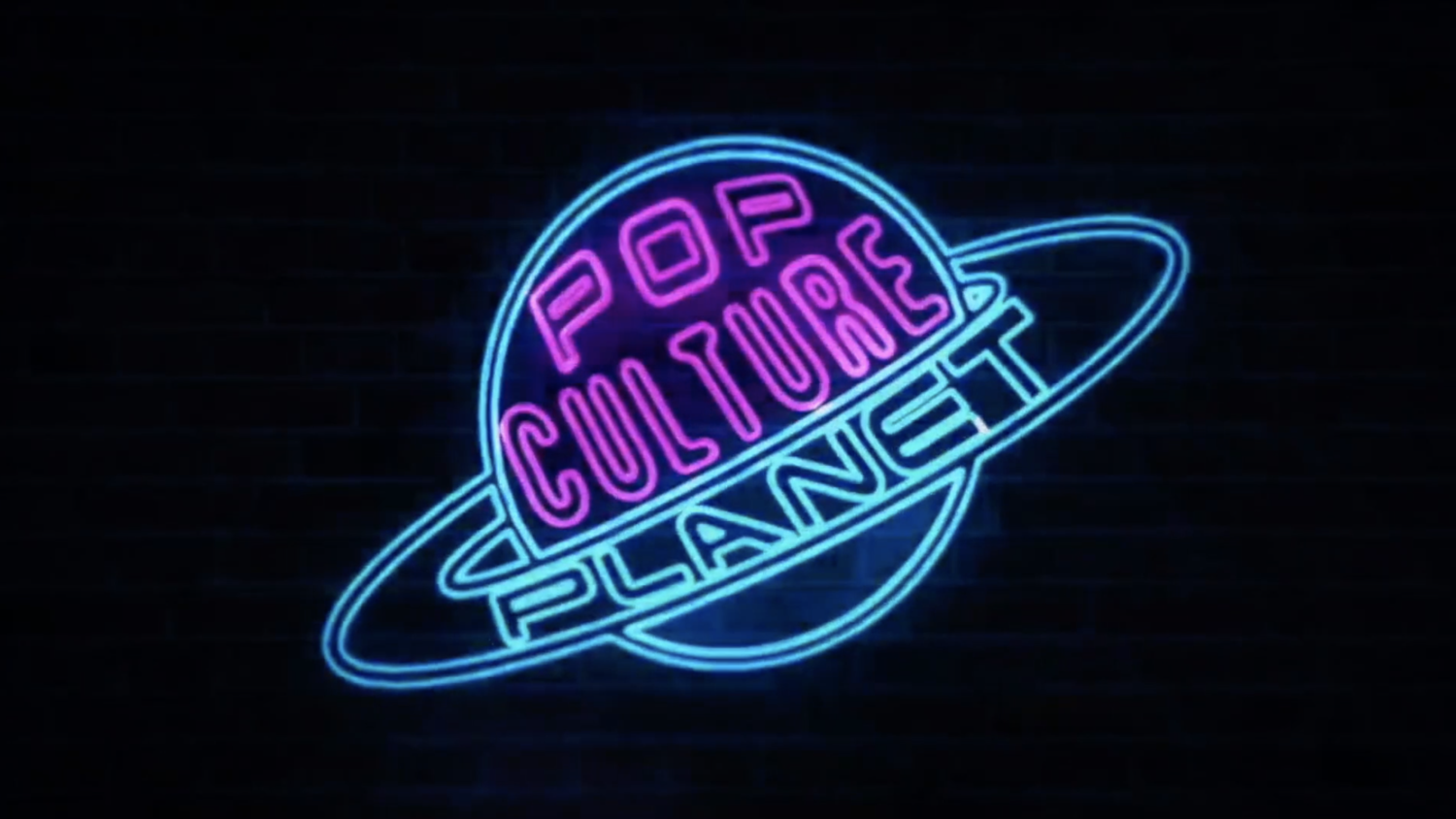Tribeca 2024: Group Therapy Balances Humor and Pain Through The Lens Of Comedy’s Biggest Names
There’s power in your truth and power in your pain.
Neil Berkley’s Group Therapy understands this on an unbelievable level, allowing us to tap into the pain, hurt, and trauma of six stand-up comedians. The documentary features a star studdeded cast of comedians including Gary Gulman, Nicole Byer, Mike Birbiglia, London Hughes, Tig Notaro, and Atsuko Okatsuka, creating an emotional ride that balances comedy with the realities of grief and mental health.
Our moderator for this group therapy session is the actor Neil Patrick Harris, who makes it clear he is not a therapist or a stand-up comedian, but is happy to be there. I quite enjoyed his addition to the group as he asked all the right follow up questions. He took his role seriously but also created a safe space.
We start with the simple question, “Who here has struggled with mental health?” We pretend that’s such a small question when in fact it’s one of the heaviest and most personal questions you can ask. All the comedians raise their hands without hesitation. While we are all human, it’s always the person laughing and cracking jokes that people are surprised to hear from in these conversations.
This kicks the session into gear as we dive into the stories of these comedians, exploring what inspired their passion for comedy, when they first realized they were funny, and their stories of mental health battles, therapy, medication, and how their personal trauma has influenced their comedy. The idea that carries throughout the documentary is one of blossoming — how they discovered not only who they were as comedians but as people. As they realized who they were, they also had to navigate what that looked like in the comedy space and how to make it unique to their story. Through their self-discovery, they also discuss comparison and how they had to choose to step into the light as their complete selves, including the characters they created as armor.
One of the most moving stories of the film is from Gary Gulman, who adds a whole new meaning to "please check on your funny friends." He talks about his struggle with depression and how it was his brother who diagnosed him. He breaks down his moments of his suicide attempt and his darkest moments with such vulnerability but also tells a beautiful story of healing.
Meanwhile Tig Notaro has one of the most devastating stories, taking us through four horrific months of her life where tragedy piled up. She got pneumonia, then contracted C. diff, her mother died, she had a breakup, and was diagnosed with cancer. She never expected to have been able to use the most tragic emotional times in her life to connect with her audience, but she did and that opened the floodgates for her. Her dry humor coupled with this painful story became a safe space for people, compelling them with her openness.
London Hughes has a very relatable story about her struggle with physical confidence, stating, “When I was a girl, I liked my insides, but I didn’t like my outside.” She talks about her struggles with racism and colorism, which always made her feel she had to overcompensate. She discusses what it was like finding her voice as a Black woman in England and her idealization of the world for a Black woman in the United States. Today, this shows up in the fast-paced, loud performer that she is because she wants to prove herself.
Nicole Byer speaks to a similar experience of racism, colorism, and the addition of fatphobia, with casting directors saying things like, “Be as Black as you can be, and if you go too Black, I’ll bring you back.” I know, right? I thought at this point I had heard it all. This inspired a lot of how she interacts with her work. But she also shares her experience with ADHD and how seeing a therapist was an eye opener for her.
Mike Birbiglia talks about losing his friend and mentor Mitch Hedberg due to drugs and how that impacted him as a comedian. He speaks about how intentional he was about sharing his journey. He focuses on how important it was to use his life stories in his comedy not only to connect with his audience but also to release.
Atsuko Okatsuka, vibrant and full of life, reveals that it was her family’s lack of this vibrancy that created who she is. She says, “I really need this.” Her Japanese background, along with her mother’s untreated schizophrenia, made her stray away from therapy. Her story shows that even in times where mental health care is advocated for, it’s not always easy to commit to.
This film does exactly what I wanted and hoped for. It’s raw and the moments they share between their actors in the group therapy circle and outside of it feel authentic. The addition of the footage outside the live audience was effective and didn’t feel messy or unnecessary. Rather, I was eager to hear what it was like for them to chat without an audience. Each story is handled with care, giving enough time for each of them to share their truth in the best way they know how. The comedians are not confined to a Q&A box but facilitate real conversations that get personal in the most compelling way. I most appreciate that the film didn’t take away from who the comedians were. With all the emotions, they are still funny and make sure to crack a joke or two.
Group Therapy stands out to me as one of the most enjoyable and entertaining films that came out of the Tribeca Festival, giving comedy lovers a chance to connect with some of the most iconic names in comedy while also allowing newcomers to discover them for the first time.





